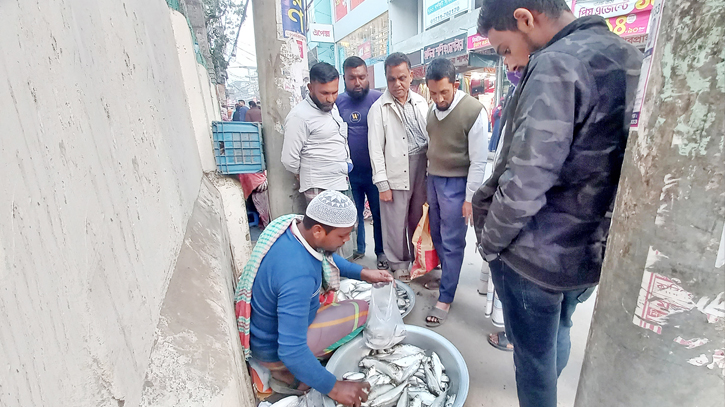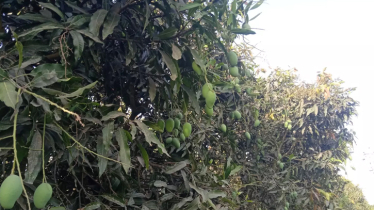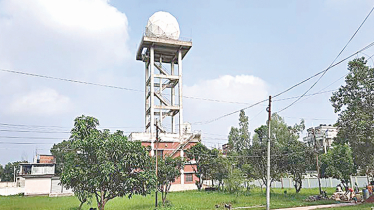
Undersized ‘jatka’ being openly sold in various places in Chandpur. Photo: Messenger
Despite a year-round ban on the sale of 'jatka' (hilsa fry less than 9 inches or 23 centimeters in length) in the Padma-Meghna region, an alarming trend has emerged in Chandpur, where the illegal trade of these undersized hilsa fries is thriving openly in various markets and town areas.
Buyers are engaging in transactions at various rates, raising concerns about the flagrant disregard for conservation regulations.
As observed on Tuesday evening (January 9), 'jatka' was brazenly being sold along the Chandpur-Comilla Road, adjacent to the Kalibari temple. Fishmongers in the city's Palbazar area and Warlech market have also been openly participating in this illicit trade, with buyers purchasing 'jatkas' at varying rates.
Nurul Amin, a 'jatka' seller in the Puran Bazar shop area of Chandpur city, revealed that he procured these undersized hilsa fry from the Bahria area. Amin mentioned that he purchased 'jatka' worth 7500 rupees from local fishermen in two parts, selling them at 320 rupees per kg for smaller sizes and 450 rupees per kg for slightly larger ones. However, all 'jatkas' sold were less than ten inches long, with the majority ranging between 5 to 7 inches.
The Fisheries Department has taken note of this alarming situation and has pledged to take action against those involved in catching and selling 'jatka.' Officials state that legal measures will be implemented soon to curb this illegal practice.
Chandpur Sadar Upazila Assistant Fisheries Officer, Md. Mizanur Rahman, emphasized that catching 'jatka' is prohibited throughout the year. Furthermore, the hunting of 'jatka' is strictly forbidden for eight months, from November 1st to June 30th, following the hatching of hilsa eggs. During March-April, all types of fish, including 'jatka,' are prohibited in the sanctuary area. Rahman also highlighted that 'jatkas' from the southern region, accompanied by fishermen, flood the Chandpur markets.
Senior Fisheries Officer Tanjimul Islam stated that they have been informed about the illegal trade in 'jatka,' and operations will soon be conducted with the assistance of the police and coast guard. Law enforcement agencies, including police and naval police, can independently conduct raids without the Fisheries Department's involvement. Officers of the rank of Sub-Inspector (SI) and above are empowered to bring 'jatka' collectors and sellers under the law.
Authorities stress the need for collective responsibility in preserving the national resource, Hilsa. They urge public representatives and conscientious citizens to join forces with the Fisheries Department in protecting 'jatka.' A call to action is also made to refrain from purchasing 'jatka' as a form of protest against this illegal trade that poses a threat to the Hilsa population.
Public awareness about the ban on 'jatka' is crucial to curb the illegal trade and protect the Hilsa population. The government is actively taking initiatives to address this issue. Citizens are urged to stay informed and report any instances of 'jatka' sale to the authorities. The ban is in place to preserve the Hilsa species, crucial to our ecosystem. The government's efforts, coupled with public vigilance, can make a significant impact. It is everyone's responsibility to contribute towards the conservation of this national resource, ensuring a sustainable future for hilsa.
Messenger/Disha










